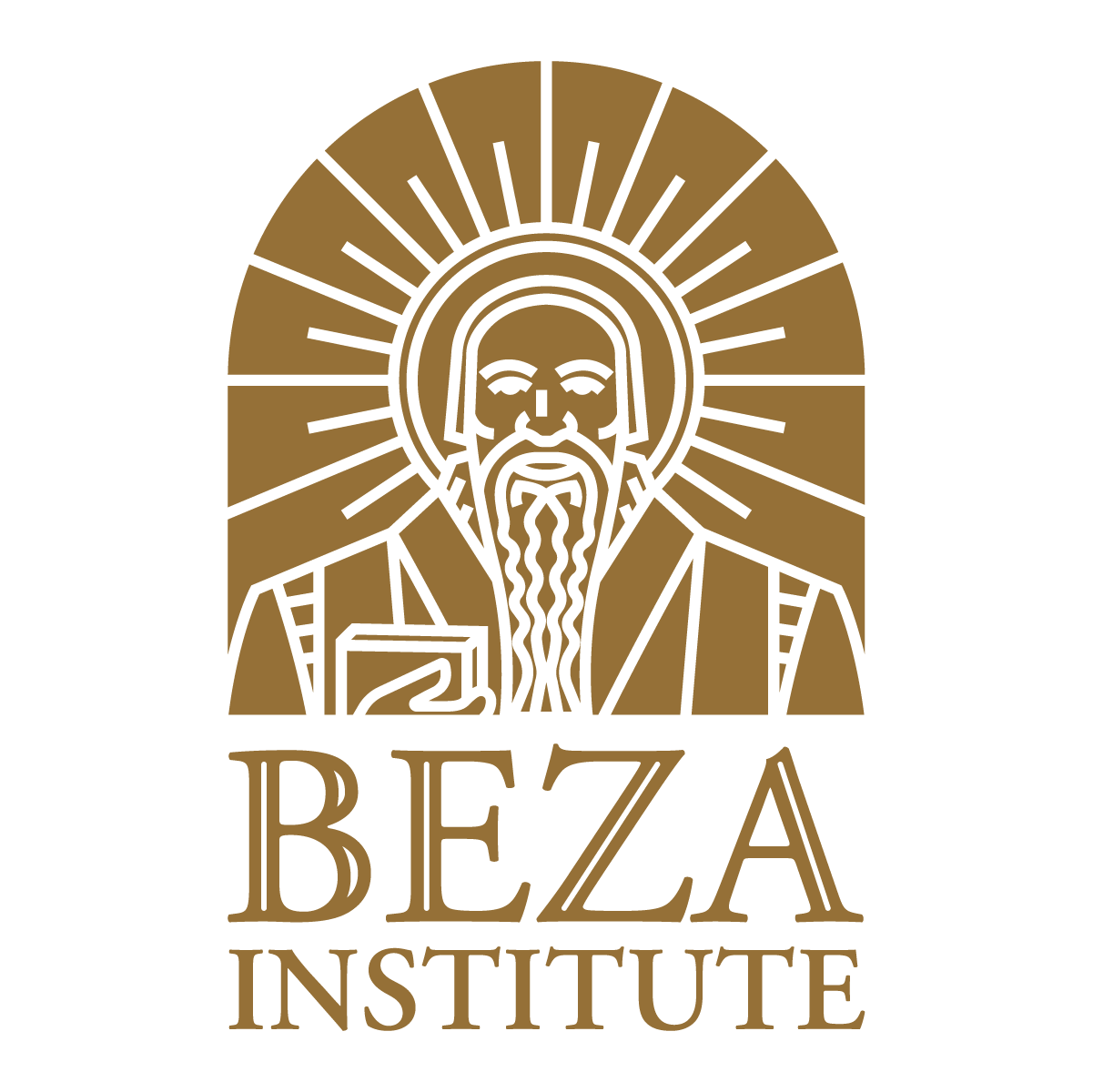Steadfast Classical Christian School Leadership
Relationship to Christ
Many books are written each year about leadership, the principles of leadership, how to be a better leader, and other guides to developing and honing leadership. In this series, the goal is to encourage leaders in classical Christian schools to work in a manner that is steadfastly devoted to the Lord Jesus and to His calling in their lives in order to navigate the sometimes-challenging path of leading a school. In so doing, the goal is to provide school leaders with the determination given throughout Scripture and echoed by the ancients, such as by the admonition of Marcus Aurelius: “Be like the cliff against which the waves continually break but it stands firm and tames the fury of the water around it.”
As the classical Christian movement grows at a quick pace across not only in the United States, but further into Africa, Australia, the United Kingdom, and beyond, it is essential for school leaders to take stock and refresh fundamental principles in terms of leadership.
While many would (rightly) argue for a primary need for leaders at classical Christian schools to be rooted in the philosophy and pedagogy of the classical tradition, there are much needed and practical aspects of leadership to explore.
This article is the beginning of a dialogue on what those leadership qualities are and how to develop and groom those in the leadership of classical Christian schools. This will certainly not be an attempt to provide an exhaustive list for leaders to check boxes and move through, but larger concepts and resources to develop over time.
In presenting these leadership principles, it is my goal to frame them as concepts that are steadfast – principles that are non-changing and should be fundamental for leaders. The concept of steadfastness is one that is seen frequently in the Psalms as the writers share their praises, frustrations, and cries to the Lord, but remark often about His steadfast love.
How do leaders reflect a steadfastness in their calling to serve the Lord in a Classical Christian school? I argue that the most important aspect of leadership for a Christian is their relationship with Jesus Christ. Not only does that relationship provide a foundation for living, but God’s Word provided much more than a blueprint for how to lead and disciple those who follow. While this point is hopefully an obvious one to mention, leaders must remember that it is more than simply noting it when thinking over their leadership style, goals, etc.
Having a foundation to draw from is critical for a leader at any level and to draw from the wellspring of life in our Savior not only refreshes the soul but provides the spiritual nourishment in good times and bad that all leaders face. Let me encourage leaders to invest not simply time, but meaningful thought and prayer into their relationship with Jesus as the foundational and guiding aspect of their lives.
From there, leaders should continue to focus on relationships in the organization they are leading. This comes in phases depending on how far advanced the leadership and structures are at any given school as well as the guiding principles of the school.
Thinking through the lens of steadfast leadership, school leaders should develop leadership goals, a leadership team, and processes that reflect the move to fulfill the mission and vision of the school – it must be at the forefront of every new plan, program, campaign, or daily decision.
What is the impact of a classical Christian school leader who prioritizes their relationship with Christ above all other relationships and above all other aspects of life? In that organization, one would see the fruit of this dedication funneling through the school – the leadership group, staff, faculty, students, and parents – it is infectious.
A leader that steadfastly focuses themselves on their relationship with Jesus is one that will not waiver as easily, as their foundation is on the Rock. When such a leader faces the inevitable trials, they are foundationally and steadfastly able to rely on Paul’s words from Philippians 4:6, “Do not be anxious about anything, but in everything by prayer and supplication with thanksgiving let our requests be made known to God.” This determined effort allows a leader to remain focused on their mission and calling from the Lord to lead.

